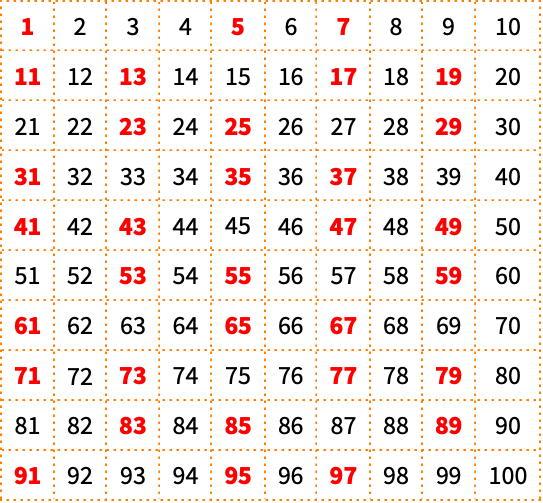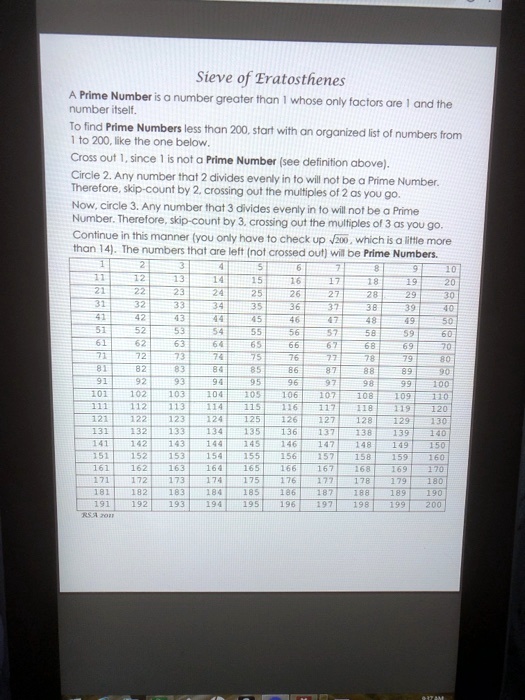

These were the winning lottery numbers on the 22 October 2003. Indeed, if you were able to predict that 46 was the next number in this sequence, I would recommend you buy a lottery ticket next Saturday. The third sequence was probably a little more challenging. Might be your passport to becoming a millionaire. The Riemann Hypothesis is the only problem from Hilbert's list that is also on this new list.


In issue 24 of Plus, we saw How maths can make you rich and famous - by solving one of the seven Millennium Prize Problems. That the answer might still be "no" for it appears to be one of the hardest problems on the mathematical books.Īs we entered the new millennium mathematicians decided to repeat Hilbert's challenge. When asked what would be the first thing he would do if he were brought to life again after 500 years he said "I would ask whether the Riemann Hypothesis has been proved". It was in fact Hilbert's favourite problem. They stood there like a range of mountains for the mathematician to conquer.Īs the century came to a close, all the problems had essentially been solved. Problems set the course for the mathematical explorers of the twentieth century. Without problems to spur the mathematician on in his or her journey of discovery, mathematics would stagnate. He believed that "Problems are the life blood of mathematics". He challenged the mathematicians of the new century with 23 unsolved problems. He would talk about what we didn't know rather what we had already proved. So Hilbert decided to deliver a very daring lecture. Surely the first Congress of the new century deserved something rather more exciting than just telling mathematicians about old theorems. Hilbert had been worryingįor months about what he should talk on. Gathered in the Sorbonne were some of the great names of mathematics. You could hear the nerves in his voice as he began to talk. It was a daunting task for the 38 year-old mathematician from Göttingen in Germany. On a hot and sultry afternoon in August 1900, David Hilbert rose to address the first International Congress of Mathematicians of the new century in Paris.


 0 kommentar(er)
0 kommentar(er)
